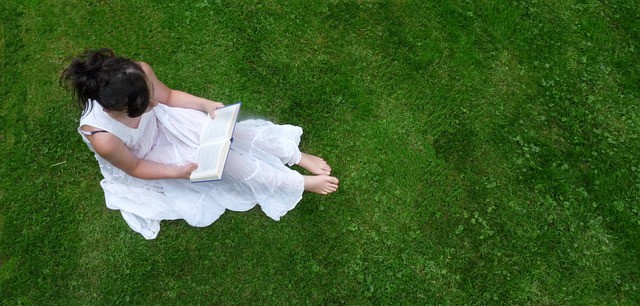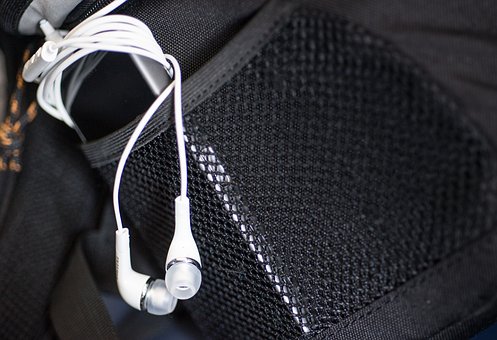
How do you find time to read more?
In order to answer this question, you first need to ask if you’re reading for entertainment or to learn? Or both?
4 Tips if You Read for Entertainment
Limit your work hours
Stop working. When you’re working, race against thethe clock. Then, when time’s up, walk away.
Shut it down. Take a break. Make sure you have time to refresh.
Work is endless. If you don’t curb it, it will invade everything. Planning your work so that you do the most important things gives you peace of mind when it’s time to walk away and stop working. You can leave knowing you’ve done the most important things.
It’s easier than ever to work from home. That means that it’s harder than ever to leave the office. Cal Newport, author of Deep Work, talks about hard stops. Even winding down from the office routines, so you can leave work at work and be fully present at home.
Read on your lunch hour
Reading is perfect for downtime.
It slows your heart rate and eases muscle tension. It takes you away from the stress of daily life, escaping via the magic of story.

Take a book or Ereader with you everywhere
Take it to the park, beach, back yard, school pick up, and appointments.
Having something on hand to read makes the difference between squeezing reading into your life and letting those minutes slip through your grasp.
Surround yourself with great books
There are people who like to read and those who haven’t found the right books yet.
Having the right books is key. Finding the right books is important.
How do you find the right books for you? A little bit of time spent treasure hunting will pay dividends.
5 Tips if You Read to Learn
Get up earlier
Realize that managing your time is really about managing your energy. Factor that into the equation. Which times during the day is your physical energy at it’s peak? When do you need to relax and recharge?
How about your mental energy? If you’re learning something new that is stretching your brain, when is the best time to be reading it? For a lot of us, challenging, mind-stretching reading is best done in the morning. Relaxing, recharging, escapist reading is best left for afternoon and evening, when the highest priority work has already been done.
Planning your day the night before sounds like such a great idea. Sometimes it just isn’t possible. Sometimes you can’t face anything else at the end of your day. That’s a good sign that you’re doing too much, that your health isn’t optimal or you’re struggling with depression.

Plan your days and weeks better
Reading is a great way to self-educate. If learning new things is important to you, then prioritize your reading. Put it on your list of things to do. Make it part of your morning routine or evening routine. Put some time and effort into selecting books. Believe that reading to learn is the best use of your time. You have 168 hours every week. The hours you invest in reading to learn will pay dividends.
Learning to say no frees up time to say yes. Being clear on your priorities helps you know when to say no and when to say yes.
Also, if you’re reading to learn, sometimes bite-size is the right size. Reading just a chapter, or even and page or two and walking away can give you some time to digest what you’ve just learned. Don’t worry if it’s only 5-15 minutes at a time. You can still get through whole books.
“Throw your phone in the ocean”
That’s Austin Kleon’s number one tip if you want to read more.
But the truth is, reading can replace most other forms of entertainment — playing on your phone, TV, movies, magazines, newspapers and surfing the internet.
Many times, books are “higher reading”. In other words, more thought was put into them, more editing, more research, more sweat equity. They’re often more worthy of your time.

Listen to audio books during routine tasks
That way reading isn’t tacked onto an already busy schedule. It means you are reading in addition to what you’re already doing. It doesn’t make your life busier, it brings more meaning to routine tasks.
Commuting, exercising, walking the dog, folding laundry, doing dishes, getting ready in the morning are all times when you can be listening to audio books.

Build better habits
“Habits are the small decisions you make and actions you perform every day.” –James Clear
In Atomic Habits, Clear talks about “habit stacking”, meaning linking new habits to habits that are already established.
If you brush your teeth every night before bed, consider getting your workout clothes for the next day out after teeth brushing and wipe down the mirror while you’re in the bathroom. Stringing a lot of small habits together, one after another, eliminates decision fatigue because you know what comes next and you don’t have to use up self-discipline psyching yourself up to do something.
Consider linking your reading to a habit that you already have. If you walk the dog after breakfast, listen to a book. If the kids have naps or quiet time after lunch, pick up a book. Making reading part of your daily or weekly rhythms fits them effortlessly into your life.
